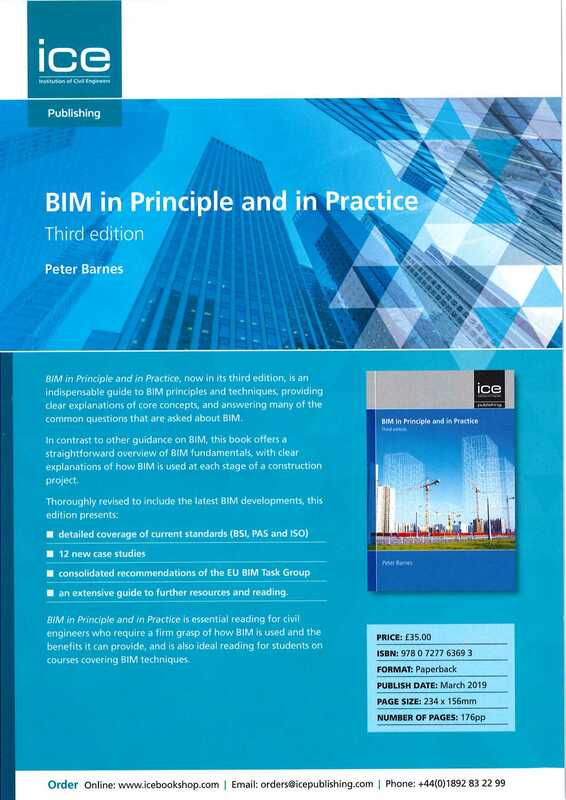In June of this year (2020), the UK Supreme Court issued its judgment in the Bresco Electrical Services Limited (in Liquidation) v Michael J Lonsdale (Electrical) Limited case in which the Court concluded that Insolvent companies enjoy the right to pursue adjudications, even against respondents that have a counter-claim or cross-claim.
Many commentators saw this judgment as opening the floodgates to adjudications by Insolvent companies, but a more recent Court judgment, as set out below, demonstrate that there are, or may be, certain obstacles in the way of Insolvent companies successfully enforcing Adjudicator’s Decisions in their favour.





 RSS Feed
RSS Feed